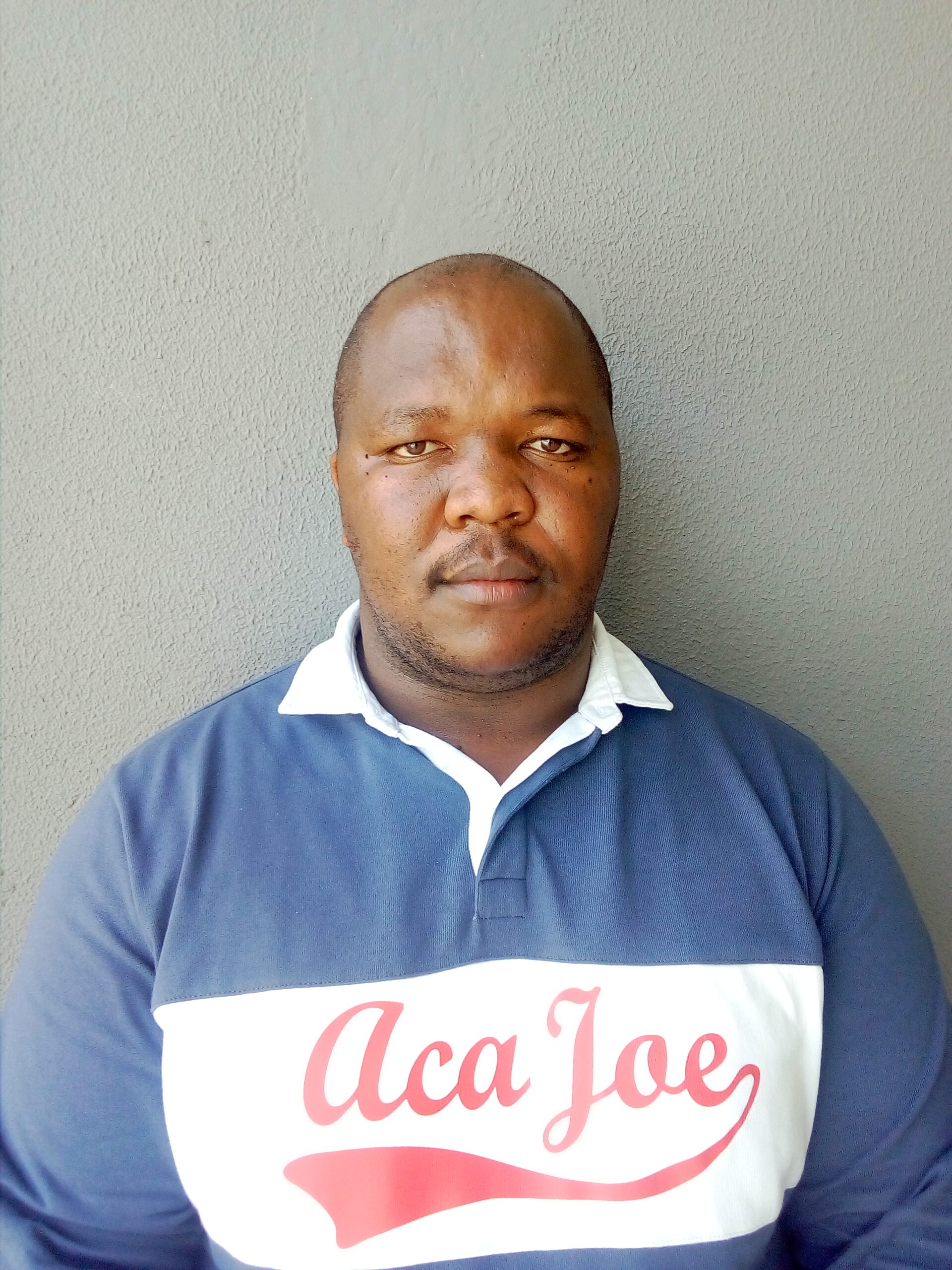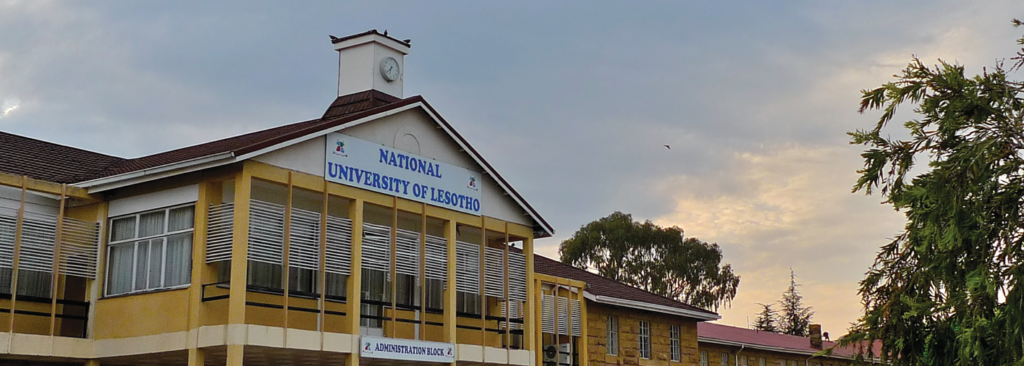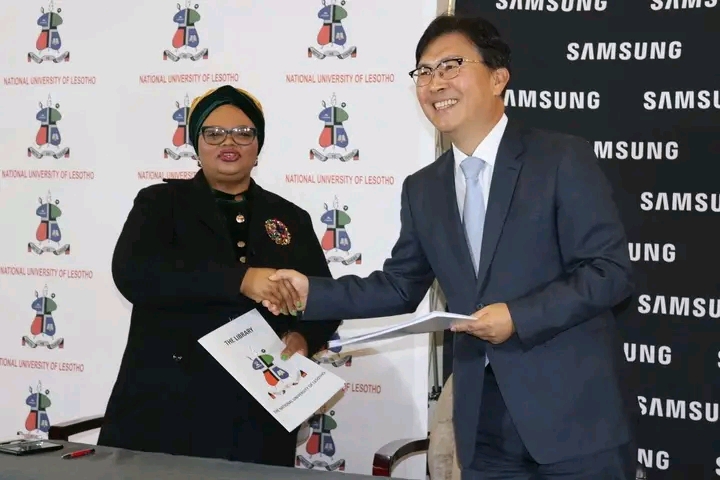When Prof Olusola Isaac Fajana assumed the role of Vice-Chancellor at the National University of Lesotho (NUL) in 2021, he inherited a university grappling with financial strain, aging infrastructure, and tense industrial relations. Four years later, Newsday’s Thoboloko Ntšonyane spoke with him about the strides made in stabilising and modernising the institution.
Thoboloko Ntšonyane (TN): Since your appointment as the Vice-Chancellor of the National University of Lesotho (NUL) how has the journey been?
Prof Olusola Isaac Fajana (Prof Fajana): I was brought into the office of Vice-Chancellor of the NUL in August 2021. The journey has been full of experiences that were both challenging and inspiring.
TN: What challenge/s did you find unsettling and how have you addressed those issues?
Prof Fajana: Funding, old and dilapidating infrastructure and industrial relations were three of the most significant challenges, and all these collectively threatened the peace and stability of the university for about two of the four years I have spent at NUL.
Funding: the size of the subvention from the government continued to be very low even at the time of this interview. Permission has not been granted to increase fees possibly because of the fear that increased fees will close access of the citizens to higher education. Even development partners are manifesting donor fatigue – donations to NUL in recent times have reduced considerably. We have introduced austerity measures to reduce costs, and have put a moratorium on employment, and have not filled positions that were vacant for two or more years; a method of natural attrition. All our stakeholders have responded with a high level of uneasy understanding.
Old and dilapidating infrastructure: this challenge, which is still persisting, arises from the funding challenge. We had issues with information communication technology: inadequate bandwidth for internet connectivity, breaking cables, and the likes. The situation has changed but there is still room for improvement.
Industrial relations: the attitude to work was mostly poor and very slow. Staffers were working strictly according to rules or only within their job descriptions. The morale was low on account of poor salaries and perceived corruption leading to strike actions by staff and students. Staff turnover was very high especially among the high skilled professors. To mitigate this industrial relations challenge, I applied the soft approach which involved personally hosting seminars and workshops among senior management. The topics included: detoxifying a politicized environment, costs and benefits of strike actions, among others. I ensured staff whose salaries were wrongly placed were corrected, ensured the workers union had a recognition agreement with management, and ensured that inflation adjusters were annually implemented. Calls for promotion were made for academic staff and promotion criteria for non-academic staff were formulated and approved. The performance management system was revised and its processing for Council approval is well advanced.
The agitations against leaders of the institution that came from the NUL Community (a very formidable pressure group) have reduced considerably. The NUL is today peaceful and stable.
TN: How far have you come with the plans you set out to achieve, and how do you assess your performance?
Prof Fajana: My priority plan was to write the fourth Strategic Plan (2024-2029). This was done over a period of two years, a time long enough to allow deeper ownership of the plan by our stakeholders. The plan was approved by the University Council in December 2023. Excellent progress has been reported for the first year of the implementation of the plan. Three aspects of the life of NUL that are being recalibrated and embedded in the Plan are – quality, relevance and visibility. Guided by this plan, I would give a performance assessment to myself that is largely in the positive with impacts in all areas of the mandate of the university: research, teaching, community service, innovation and industrialization.
TN: Amongst the priorities you had outlined when you assumed this position was the repurpose the Institute of Extra-Mural Studies by introducing the Business School which would be hosted in the city. How far have you gone in realising this goal?
Prof Fajana: Arguably, the Institute of Extra-Mural Studies is the Maseru city campus of the National University of Lesotho. The plan to make IEMS a Business School is well advanced with collaborations from a number of our partnering institutions within and outside the SADC. Furthermore, IEMS continues to serve as the Open and Distance Learning (ODL) arm of the NUL contributing towards the realisation of the Business School and online learning. Support had been received from the Commonwealth of Learning to strengthen the university to become a Centre of Excellence in Technologically Enhanced Learning through our Centre for Teaching and Learning.
TN: The NUL community has previously expressed concerns about the manual registration process, especially since this could be conducted online. What is your response to this issue, and what plans do you have in place to transition to an online registration system moving forward?
Prof Fajana: Online application had just been newly operational at the NUL when I came onboard. At that time, the school system was old and incapable of full-online registration, only partial was achieved. The Integrated school system (ITS) has now been upgraded from v3.0 to v4.1 with greater functionalities, including full online applications and registration. The upgrade was resource intensive but worth the expense.
TN: Recent media reports have highlighted concerns regarding the misuse of Artificial Intelligence by students at the university. It is alleged that some students rely on AI to produce their work instead of engaging their cognitive abilities. In light of these challenges, what policies and measures are currently in place to address this issue as well as capacitating the lecturers with resources that will enable them to spot AI produced work?
Prof Fajana: One of the core institutional values driving our Strategic Plan (2024-2029) is integrity. The scenario you painted are a reality in all educational institutions around the world: the abuse of AI by students is quite real and alarming globally. To check this trend at the NUL, we orientate our students into the core values of the institution on arrival. We have emplaced an intellectual property policy, a plagiarism policy and we have procured and deployed the Turnitin software to check and calculate the originality index in our students’ assignments and dissertations or theses as appropriate.
TN: NUL has for long depended on government subsidy and tuition fees, and sometimes this has not proven sustainable in the long run as the university has had its fair share of financial constraints. What have you done or what are you currently doing to ensure that the university diversify its income generation streams for it to achieve its goals?
Prof Fajana: Seeking conference support (successful mostly in the Library), introduction of short learning programmes, partnerships for joint programmes and research, better placement of investments, setting up of policies and processes for fundraising are measures taken or in the pipeline. These measures may have the potential to instigate some relief in the longer run. But they are unable to address squarely the immediate challenges. Thus, the Council has set up a lobbying mechanism to get the government to give a special bail-out fund to revitalise the business process of the institution and give the products the desired quality.
TN: Could you please provide insights into the university’s research funding? We wish to know how much in percentage increase in research funding have you implemented since you took office.
Prof Fajana: Research project reporting has come up on the agenda of the university in recent times. The reports will be made available as soon as possible. But for now, I can say that the NUL as a research driven institution has made much impact in the lives of Basotho, contributing significantly to the achievement of national development goals (NSDP II) in terms of energy needs, improved agricultural produce, quality assurance of qualifications at the lower levels, legal research, medical outreach in cancer treatment, etc.
To be continued in next week’s issue.
Summary
- When Prof Olusola Isaac Fajana assumed the role of Vice-Chancellor at the National University of Lesotho (NUL) in 2021, he inherited a university grappling with financial strain, aging infrastructure, and tense industrial relations.
- Funding, old and dilapidating infrastructure and industrial relations were three of the most significant challenges, and all these collectively threatened the peace and stability of the university for about two of the four years I have spent at NUL.
- Guided by this plan, I would give a performance assessment to myself that is largely in the positive with impacts in all areas of the mandate of the university.

Thoboloko Ntšonyane is a dedicated journalist who has contributed to various publications. He focuses on parliament, climate change, human rights, sexual and reproductive health rights (SRHR), health, business and court reports. His work inspires change, triggers dialogue and also promote transparency in a society.









